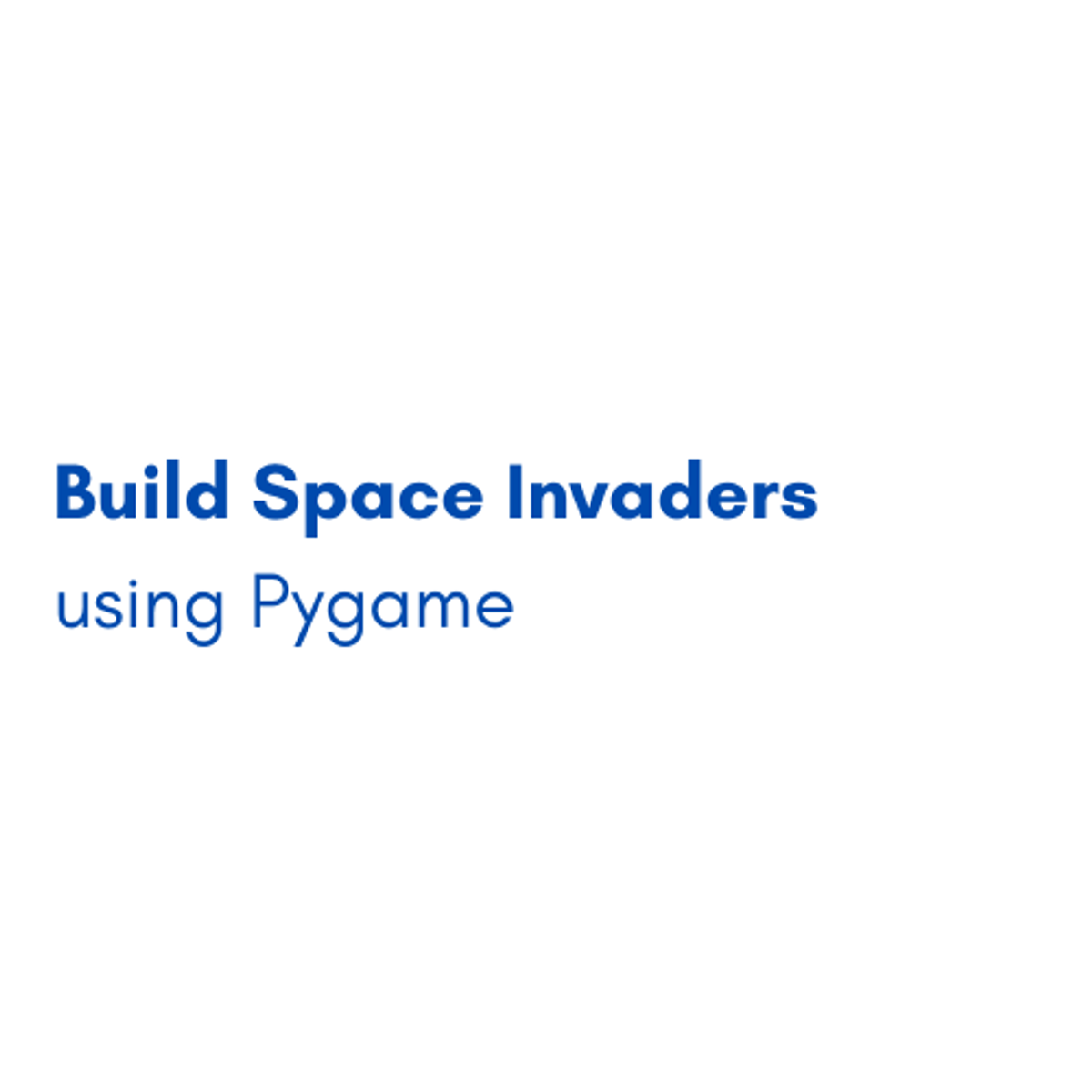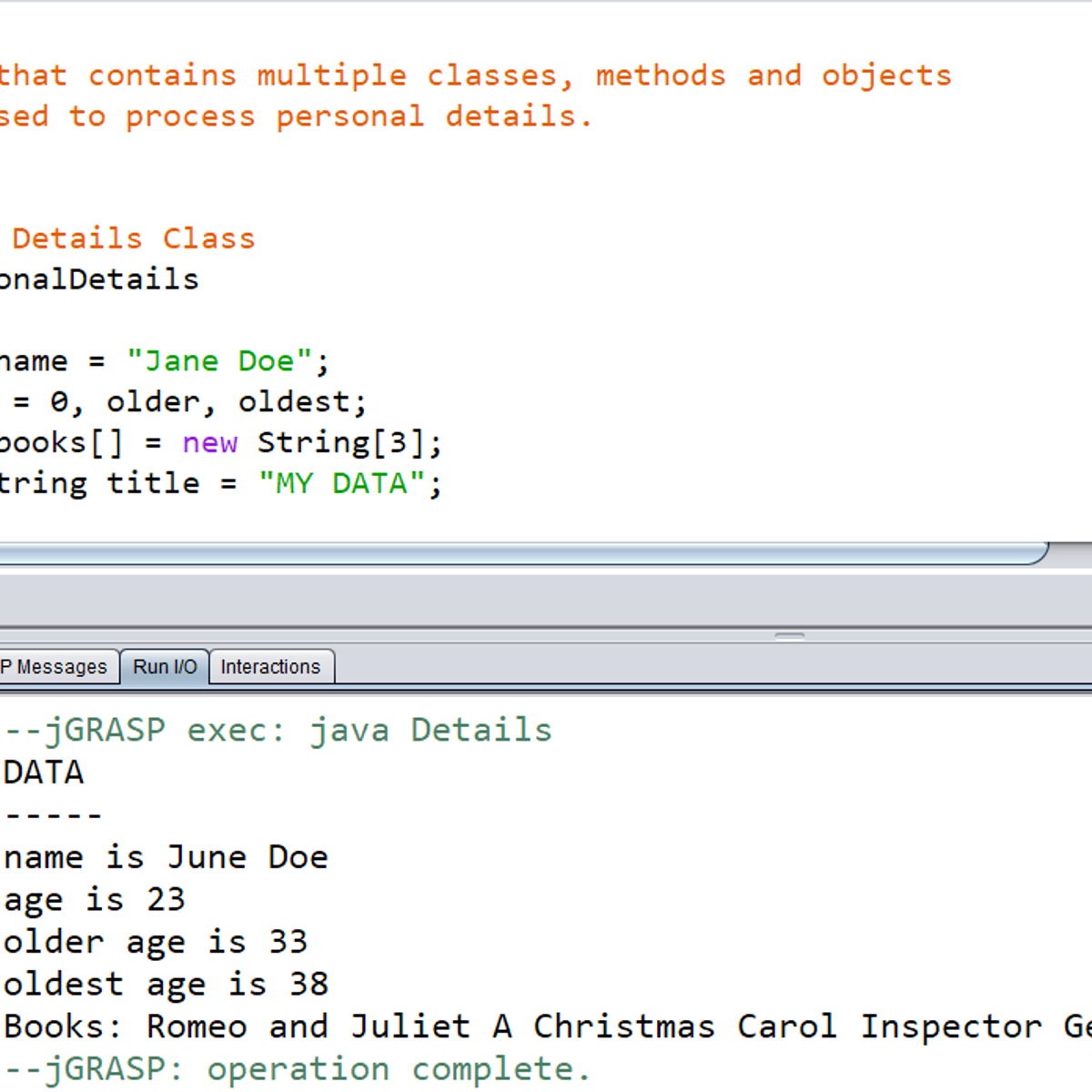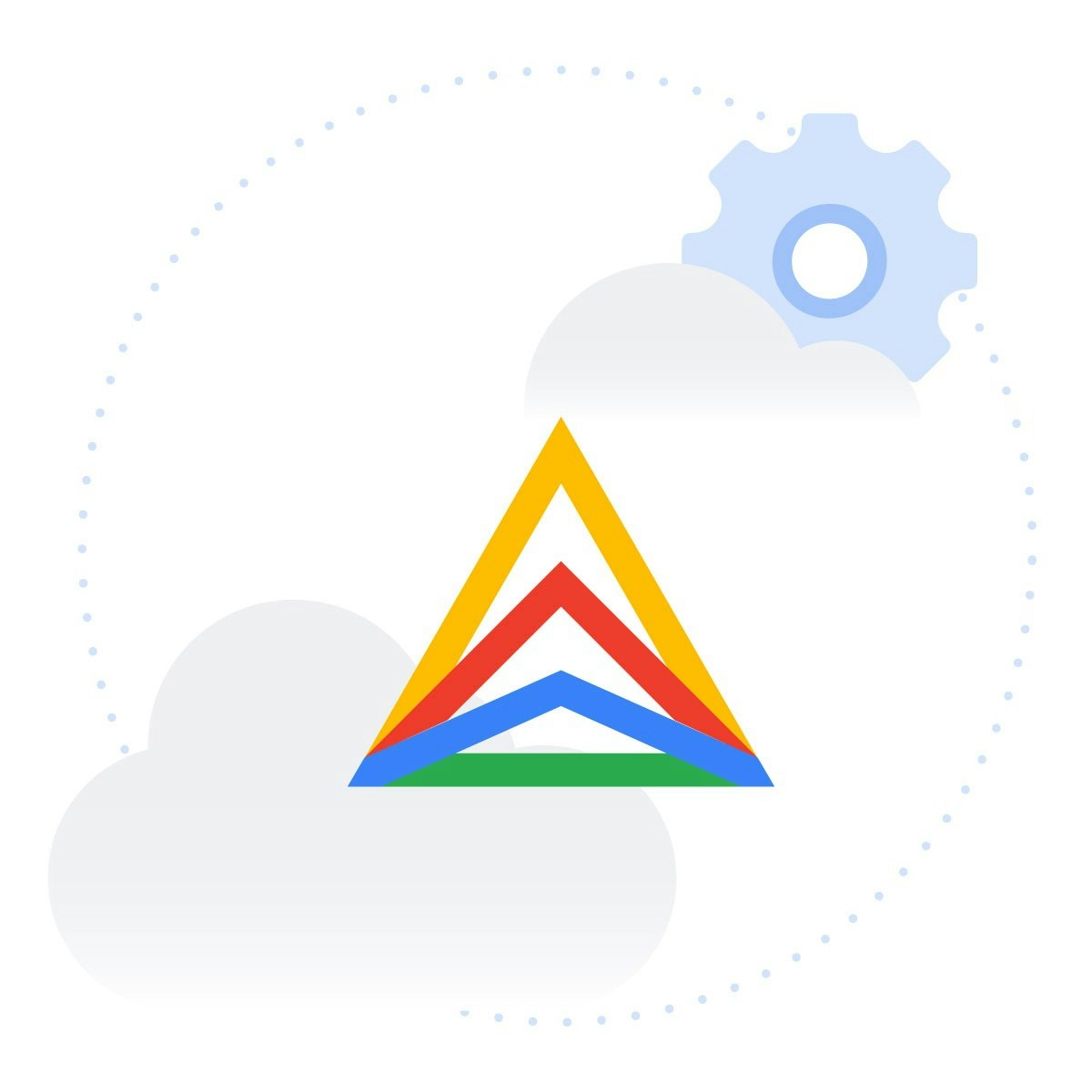Back to Courses









Computer Science Courses - Page 218
Showing results 2171-2180 of 2309

Exam Prep: AWS Certified SysOps Administrator – Associate
This new intermediate-level course from Amazon Web Services (AWS), is designed to help you to assess your preparedness for the AWS Certified SysOps Administrator – Associate exam. You will learn how to prepare for the exam by exploring the exam’s topic areas and how they map to SysOps Administration on AWS. You will review sample certification questions in each domain, practice skills with hands-on exercises, test your knowledge with practice question sets, and learn strategies for identifying incorrect responses by interpreting the concepts that are being tested in the exam. At the end of this course you will have all the knowledge and tools to help you identity your strengths and weaknesses in each certification domain areas that are being tested on the certification exam.
The AWS Certified SysOps Administrator – Associate (SOA-C02) exam is intended for system
administrators in a cloud operations role. The exam validates a candidate’s ability to deploy, manage, and
operate workloads on AWS and their ability to complete the following tasks: Support and maintain AWS workloads according to the AWS Well-Architected Framework, perform operations by using the AWS Management Console and the AWS CLI, implement security controls to meet compliance requirements, monitor, log, and troubleshoot systems, apply networking concepts (for example, DNS, TCP/IP, firewalls), implement architectural requirements (for example, high availability, performance, capacity), perform business continuity and disaster recovery procedures and identify, classify, and remediate incidents

Analyse datasets with Java streams
In this 1-hour long project-based course, you will learn how to create a Java Stream object based on a CSV data file, and engineer its data using Stream and Collector methods. You will explore the dataset using stream methods, and then apply a reduction operations on the data using a range of Collector methods. You will learn how to join and split strings in the data. You will apply the groupingBy method for grouping your data stream based on fields in your data object.
Note: This course works best for learners who are based in the North America region. We’re currently working on providing the same experience in other regions.

Build Space Invaders using Pygame
By the end of this project, you will create a basic and fully functioning version of the known game, Space Invaders using Python and Pygame. Python is one of the most in demand programming languages, and using the Pygame with it will give you a chance to easily implement many game applications. In this project You will be able to set up a pygame program, you will identify the pygame logic and how to apply it to your own games. You will also be able to populate your window and set up background images and music. Finally, You will be able to control object movement and detect collisions.
Note: This course works best for learners who are based in the North America region. We’re currently working on providing the same experience in other regions.

The Bits and Bytes of Computer Networking
This course is designed to provide a full overview of computer networking. We’ll cover everything from the fundamentals of modern networking technologies and protocols to an overview of the cloud to practical applications and network troubleshooting.
By the end of this course, you’ll be able to:
● describe computer networks in terms of a five-layer model
● understand all of the standard protocols involved with TCP/IP communications
● grasp powerful network troubleshooting tools and techniques
● learn network services like DNS and DHCP that help make computer networks run
● understand cloud computing, everything as a service, and cloud storage

Machine Learning Foundations for Product Managers
In this first course of the AI Product Management Specialization offered by Duke University's Pratt School of Engineering, you will build a foundational understanding of what machine learning is, how it works and when and why it is applied. To successfully manage an AI team or product and work collaboratively with data scientists, software engineers, and customers you need to understand the basics of machine learning technology. This course provides a non-coding introduction to machine learning, with focus on the process of developing models, ML model evaluation and interpretation, and the intuition behind common ML and deep learning algorithms. The course will conclude with a hands-on project in which you will have a chance to train and optimize a machine learning model on a simple real-world problem.
At the conclusion of this course, you should be able to:
1) Explain how machine learning works and the types of machine learning
2) Describe the challenges of modeling and strategies to overcome them
3) Identify the primary algorithms used for common ML tasks and their use cases
4) Explain deep learning and its strengths and challenges relative to other forms of machine learning
5) Implement best practices in evaluating and interpreting ML models

Terraform Basics: Automate Provisioning of AWS EC2 Instances
In this Guided Project, you will do a quick tour of Terraform, one of the most popular tools used by DevOps teams to automate infrastructure tasks. Terraform's main appeal is that we just declare what our infrastructure should look like, and the tool will decide which actions must be taken to “materialize” that infrastructure.
By the end of this project, you will have learnt how to automate your infrastructure with Terraform. This project will also prepare you with hands-on knowledge for automatically provisioning AWS EC2 server instances using Terraform scripts.
Please note: You will need an AWS account to complete this course. All the resources used in the course come under free-tier provided by AWS for new users. But you might be charged if you have already used up your free-tier credits.

The Web and Databases in Android
Learn how to work with web technologies and persistent data on Android applications even after you close or restart an app. There is a focus on web communication and developer tools and you will discover how Kotlin applications communicate over the web. You’ll learn how data formats and web protocols work in relation to Kotlin apps. Furthermore, you will practice applying asynchronous programming techniques using Kotlin.
Learn the core functionality and uses of the SQLite database management system (DBMS). Learn about web clients and databases by adding connections from your app to other languages to access custom built web application programming interfaces (APIs) and database management systems.

Process Personal Details using Methods in Java
This project provides a step-by-step approach in instruction and will equip you with fundamental concepts of creating and using methods in Java programming, from the ground up. Using jGRASP development environment, you will create a Java project that processes your personal details using methods. These details are your name, your age, and your books. Using this data you will use methods to output your name, how old you will be in later years, and the list of books that you have. By the end of this project, you will be able to write a Java program using objects, instance variables, void methods, non-void methods, parameterized methods, and static methods.
If this is the first time you are learning about methods you will benefit from writing a program from a template to a fully functioning program. If you already have programming experience, this is an opportunity to refresh your skills in using methods, classes, and objects. No matter your level, you will be able to apply the skills obtained from this course in real-life programming exercises. To provide you with support outside the course, you will find a pool of additional notes and exercises that you can try at home.
If you ever wanted to build on the fundamental skills in Java that you already possess and become better at using methods, classes and objects, this project is the right place to start!

Acing the Product Management Interview
Prepare to impress in your product management interviews by taking this course. You'll learn tips to showcase your skills and PM knowledge directly from the experts who hire and promote top PMs, and practice for your interview using real PM interview questions asked by companies including Meta, Microsoft, Google, and Amazon!
Hear how to impress in the interview process from industry-leading experts including:
* NANCY WANG, General Manager of Data Protection Services, Amazon Web Services;
* BOB O'BRIEN, Senior Product Manager, Amazon Web Services
* JENNY TAI, Director of Product, Jam City;
*NANCY GESSLER, Product Management, Learning Products, Amazon Web Services
* TATYANA MAMUT, Chief Product Officer, Nextdoor
* SANDY CARTER, Vice President for Worldwide Public Sector Programs, Amazon Web Services
Sponsored by AMAZON WEB SERVICES (AWS).
This is the fourth of four courses in the ACE Recommended Real-World Product Management Specialization. When you complete all four courses, you can earn up to 6 college credits.

Multi-Cluster, Multi-Cloud with Anthos
Course one of the Architecting Hybrid Cloud with Anthos series introduces participants to manage multi-cloud and hybrid Kubernetes deployments using Anthos. Through presentations and hands-on labs, participants explore planning and creating Anthos environments and building manageable and reliable multi-cluster Kubernetes infrastructure environments centered around Anthos and containers. This course is a continuation of Architecting with GKE and assumes direct experience with the technologies covered in that course.
